Home>Gardening & Outdoor>Landscaping Ideas>How Long Does It Take For Fescue Grass Seed To Germinate
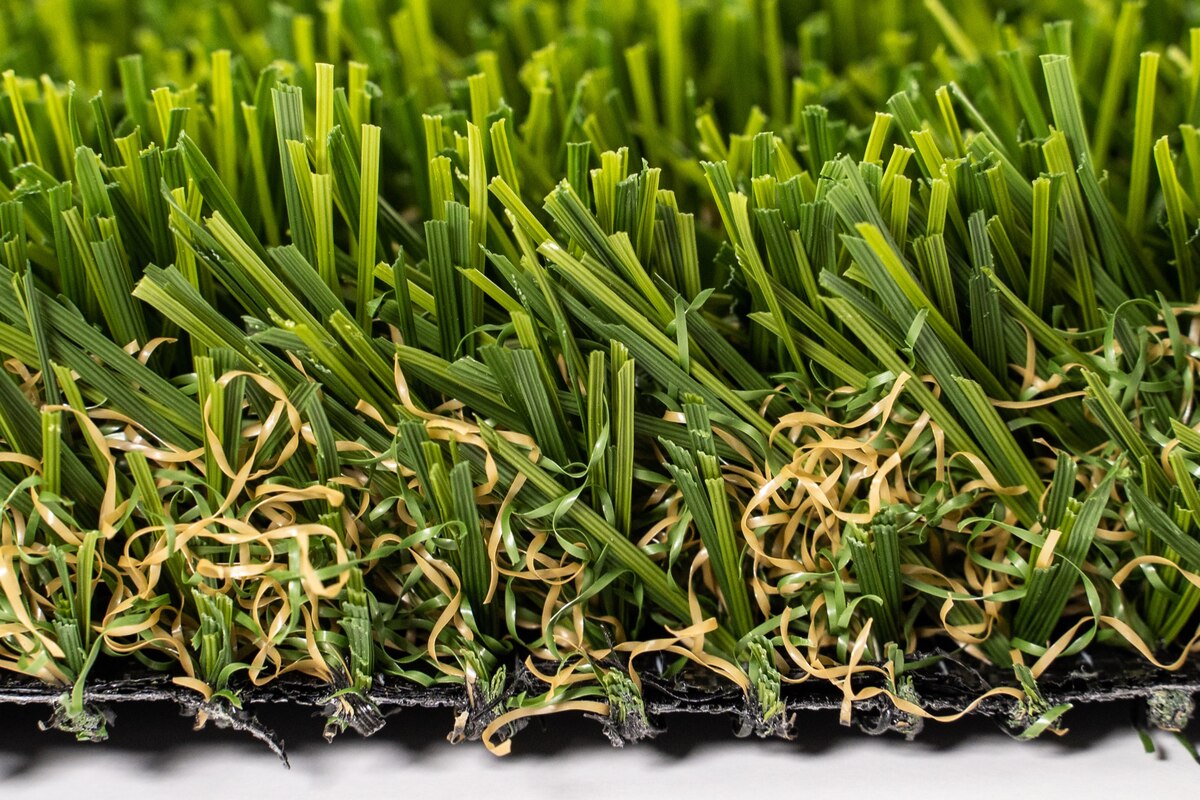

Landscaping Ideas
How Long Does It Take For Fescue Grass Seed To Germinate
Modified: March 24, 2024
Learn about fescue grass seed germination times and get expert landscaping ideas for successful lawn establishment. Find out how long it takes for fescue grass seed to germinate.
(Many of the links in this article redirect to a specific reviewed product. Your purchase of these products through affiliate links helps to generate commission for Storables.com, at no extra cost. Learn more)
Introduction
When it comes to creating a lush and vibrant lawn, understanding the germination process of fescue grass seed is crucial. The journey from sowing the seeds to witnessing the first signs of green can be an exciting and rewarding experience for any landscaping enthusiast. However, the timeline for fescue grass seed germination can vary based on several factors, including environmental conditions, seed quality, and maintenance practices. By delving into the intricacies of this process, you can gain valuable insights that will help you nurture a thriving fescue lawn.
Understanding the germination timeline of fescue grass seed is essential for planning and managing your landscaping project effectively. Whether you're a seasoned gardener or a novice homeowner eager to transform your outdoor space, the germination period sets the stage for the entire growth cycle of your fescue grass. From the moment you sow the seeds to the emergence of the first delicate shoots, each phase of germination holds the promise of a verdant and resilient lawn.
As we explore the factors influencing the germination time, ideal conditions for fescue grass seed germination, and tips for promoting faster germination, you'll gain a comprehensive understanding of this pivotal stage in the growth of your lawn. By the end of this article, you'll be equipped with the knowledge to optimize the germination process and set the foundation for a flourishing fescue grass landscape.
Key Takeaways:
- Fescue grass seed typically takes 7 to 14 days to germinate, but factors like temperature, moisture, and seed quality can affect the timeline. Understanding these factors helps in planning and managing the germination process effectively.
- To promote faster germination, prepare the soil well, sow the seeds at the right time, ensure even distribution, provide consistent moisture, protect the area from disturbances, and monitor progress closely. These steps create an environment that accelerates the growth of a lush and resilient fescue lawn.
Read more: How Long Does It Take Fescue To Germinate
Factors Affecting Germination Time
The germination time of fescue grass seed is influenced by a myriad of factors that can either expedite or prolong the process. Understanding these factors is crucial for effectively managing and optimizing the germination timeline.
-
Temperature: The temperature of the soil plays a pivotal role in determining the germination time of fescue grass seed. Warmer soil temperatures generally promote faster germination, while cooler temperatures can significantly delay the process. Ideally, soil temperatures ranging between 50 to 65 degrees Fahrenheit create optimal conditions for fescue grass seed germination.
-
Moisture: Adequate moisture is essential for initiating the germination process. Insufficient moisture can impede germination, while excessive water can lead to seed rot or fungal diseases. Maintaining a balanced moisture level in the soil is critical for ensuring successful germination of fescue grass seed.
-
Soil Quality: The quality of the soil directly impacts the germination time of fescue grass seed. Well-draining, nutrient-rich soil provides an ideal environment for seeds to germinate and establish strong root systems. Compacted or poor-quality soil can hinder germination and impede the healthy growth of fescue grass.
-
Seed Quality: The quality and viability of the fescue grass seed itself can significantly affect germination time. Fresh, high-quality seeds with good genetic potential are more likely to germinate quickly and produce robust seedlings. Conversely, aged or low-quality seeds may exhibit delayed germination or lower overall germination rates.
-
Light Exposure: While some seeds require light to germinate, fescue grass seed typically germinates best when lightly covered with soil. Adequate soil coverage protects the seeds from drying out and provides the darkness necessary for initiating the germination process.
-
Competition: Competition from weeds and other plants can impact the germination time of fescue grass seed. Weeds can compete for essential resources such as water, nutrients, and sunlight, potentially slowing down the germination and establishment of fescue grass.
Understanding these factors and their influence on the germination time of fescue grass seed is essential for implementing strategies to promote optimal conditions for successful germination. By addressing these variables, you can create an environment that fosters rapid and healthy germination, setting the stage for a vibrant and resilient fescue lawn.
Ideal Conditions for Fescue Grass Seed Germination
The successful germination of fescue grass seed hinges upon the provision of ideal environmental conditions that support the emergence and establishment of healthy seedlings. Creating a conducive setting for germination involves carefully addressing several key factors to ensure the optimal development of fescue grass.
Soil Temperature and Moisture
The ideal conditions for fescue grass seed germination revolve around soil temperature and moisture levels. Fescue grass seed germinates most effectively when the soil temperature ranges between 50 to 65 degrees Fahrenheit. This temperature range provides the warmth necessary to activate the germination process without subjecting the seeds to excessive heat. Additionally, maintaining consistent moisture in the soil is crucial for supporting germination. Adequate moisture ensures that the seeds remain hydrated, facilitating the breakdown of seed coats and the emergence of delicate roots.
Soil Quality and Preparation
The quality of the soil plays a pivotal role in creating favorable conditions for fescue grass seed germination. Well-draining soil that is rich in nutrients provides an optimal environment for seedling development. Prior to sowing the seeds, preparing the soil by loosening it to a suitable depth and incorporating organic matter can enhance its texture and fertility. This preparation promotes better aeration and moisture retention, laying the groundwork for successful germination and robust seedling growth.
Seed Depth and Coverage
The depth at which fescue grass seeds are sown directly impacts their germination process. Ideally, fescue grass seeds should be sown at a depth of approximately 1/4 to 1/2 inch in the soil. This depth allows the seeds to be adequately covered while still receiving the necessary darkness for germination. Proper coverage protects the seeds from drying out and provides insulation, fostering the ideal conditions for germination.
Protection from Competition
Creating an environment that minimizes competition from weeds and other plants is essential for promoting the successful germination of fescue grass seed. Clearing the area of existing vegetation and weeds prior to sowing the seeds can prevent competition for essential resources such as water, nutrients, and sunlight. This proactive measure ensures that the fescue grass seeds have unhindered access to the resources they need for germination and early growth.
By meticulously addressing these ideal conditions, you can significantly enhance the likelihood of successful fescue grass seed germination. Implementing these measures sets the stage for the emergence of healthy seedlings and the eventual establishment of a lush and resilient fescue lawn.
Average Germination Time for Fescue Grass Seed
The average germination time for fescue grass seed can vary based on a range of factors, making it essential to understand the typical timeline for this crucial stage of lawn establishment. Generally, fescue grass seed germination can take anywhere from 7 to 14 days under optimal conditions. However, it's important to note that this timeframe is an estimate, and actual germination times can be influenced by environmental variables and the specific cultivar of fescue grass being used.
In ideal conditions, where the soil temperature hovers within the recommended range of 50 to 65 degrees Fahrenheit and moisture levels are carefully maintained, fescue grass seed can germinate within the lower end of the estimated timeframe. Conversely, cooler soil temperatures or inadequate moisture may prolong the germination process, potentially extending the timeline towards the upper limit.
It's crucial to recognize that different cultivars of fescue grass may exhibit variations in their germination times. For instance, fine fescue varieties such as creeping red fescue or chewings fescue may have slightly different germination timelines compared to tall fescue or turf-type fescue. Understanding the specific characteristics and requirements of the chosen fescue grass cultivar is essential for accurately gauging the expected germination time.
Additionally, external factors such as seasonal variations and regional climate conditions can impact the average germination time for fescue grass seed. For instance, fescue grass seed sown during the cooler temperatures of early spring or late fall may take longer to germinate compared to seeds sown in the warmer months of late spring or early summer.
By familiarizing yourself with the average germination time for fescue grass seed and considering the various factors that can influence this timeline, you can effectively manage your expectations and plan for the subsequent stages of lawn care and maintenance. This understanding empowers you to monitor the progress of seed germination and take proactive measures to support the emerging seedlings as they develop into a thriving fescue lawn.
Tips for Promoting Faster Germination
-
Preparation is Key: Before sowing fescue grass seed, prepare the soil meticulously. Loosen the top layer of soil to a depth of about 3 to 4 inches to create a favorable environment for root development. Incorporating organic matter, such as compost or peat moss, can enhance soil fertility and structure, providing an optimal bed for the seeds to germinate.
-
Optimal Sowing Time: Timing is crucial for promoting faster germination. Aim to sow fescue grass seed during the early spring or early fall when soil temperatures are within the ideal range of 50 to 65 degrees Fahrenheit. Avoid sowing during extreme weather conditions, as this can impede the germination process.
-
Even Seed Distribution: Ensure even distribution of fescue grass seed across the designated area. Using a seed spreader can help achieve uniform coverage, preventing overcrowding in certain areas and promoting consistent germination throughout the lawn.
-
Proper Watering: Adequate moisture is essential for seed germination. After sowing the seeds, water the area gently to ensure the soil is evenly moist but not waterlogged. Continue to keep the soil consistently moist during the germination period, as fluctuations in moisture levels can hinder the germination process.
-
Protection from Disturbance: Minimize foot traffic and other disturbances in the seeded area to prevent the displacement of seeds and disrupt the germination process. Marking the seeded area and restricting access can help safeguard the seeds and promote uninterrupted germination.
-
Mulching for Moisture Retention: Applying a thin layer of mulch over the seeded area can aid in moisture retention and provide insulation, creating a conducive microenvironment for seed germination. Avoid using heavy mulch that may impede the emergence of delicate seedlings.
-
Regular Monitoring: Keep a close eye on the seeded area to monitor soil moisture levels and the emergence of seedlings. Adjust watering practices as needed to maintain optimal moisture levels and provide additional care if any areas show delayed germination.
By implementing these tips, you can create an environment that accelerates the germination of fescue grass seed, setting the stage for a robust and thriving lawn. Each step contributes to fostering the ideal conditions for faster and more uniform germination, ultimately leading to the establishment of a lush and resilient fescue grass landscape.
Fescue grass seed typically takes 7-14 days to germinate. Keep the soil consistently moist and avoid walking on the newly seeded area to promote successful germination.
Conclusion
In conclusion, the germination of fescue grass seed is a pivotal stage in the establishment of a vibrant and resilient lawn. By understanding the factors influencing germination time, creating ideal conditions for seed emergence, and implementing strategies to promote faster germination, you can set the stage for a successful fescue grass landscape.
The average germination time for fescue grass seed typically ranges from 7 to 14 days under optimal conditions. However, this timeframe can be influenced by various factors such as soil temperature, moisture levels, seed quality, and the specific cultivar of fescue grass being used. It's essential to consider these variables when planning and managing the germination process, allowing for realistic expectations and proactive measures to support the emerging seedlings.
By preparing the soil meticulously, sowing the seeds at the optimal time, ensuring even distribution, and providing consistent moisture, you can significantly enhance the likelihood of faster and more uniform germination. Additionally, protecting the seeded area from disturbances and monitoring the progress closely are crucial steps in nurturing the emerging seedlings towards a lush and healthy fescue lawn.
As you embark on your journey to establish a fescue grass landscape, the knowledge gained from understanding the germination process will serve as a valuable guide. Whether you're a seasoned gardener or a homeowner venturing into landscaping for the first time, the insights into fescue grass seed germination empower you to create an environment that fosters the successful emergence and growth of your lawn.
Ultimately, the germination of fescue grass seed marks the beginning of a transformative journey, culminating in the lush green expanse of a thriving fescue lawn. With careful attention to the factors influencing germination, dedication to creating ideal conditions, and proactive measures to promote faster germination, you can witness the fruition of your efforts in the form of a verdant and enduring fescue grass landscape.
Frequently Asked Questions about How Long Does It Take For Fescue Grass Seed To Germinate
Was this page helpful?
At Storables.com, we guarantee accurate and reliable information. Our content, validated by Expert Board Contributors, is crafted following stringent Editorial Policies. We're committed to providing you with well-researched, expert-backed insights for all your informational needs.
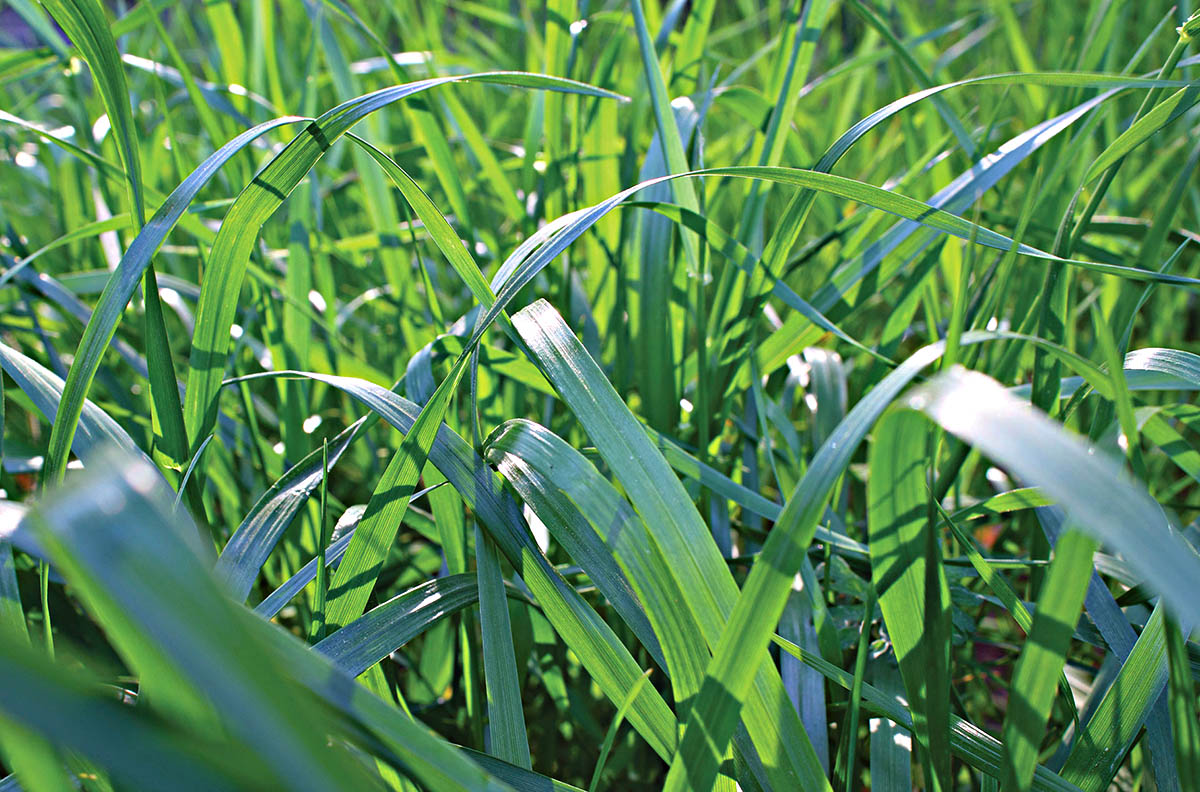
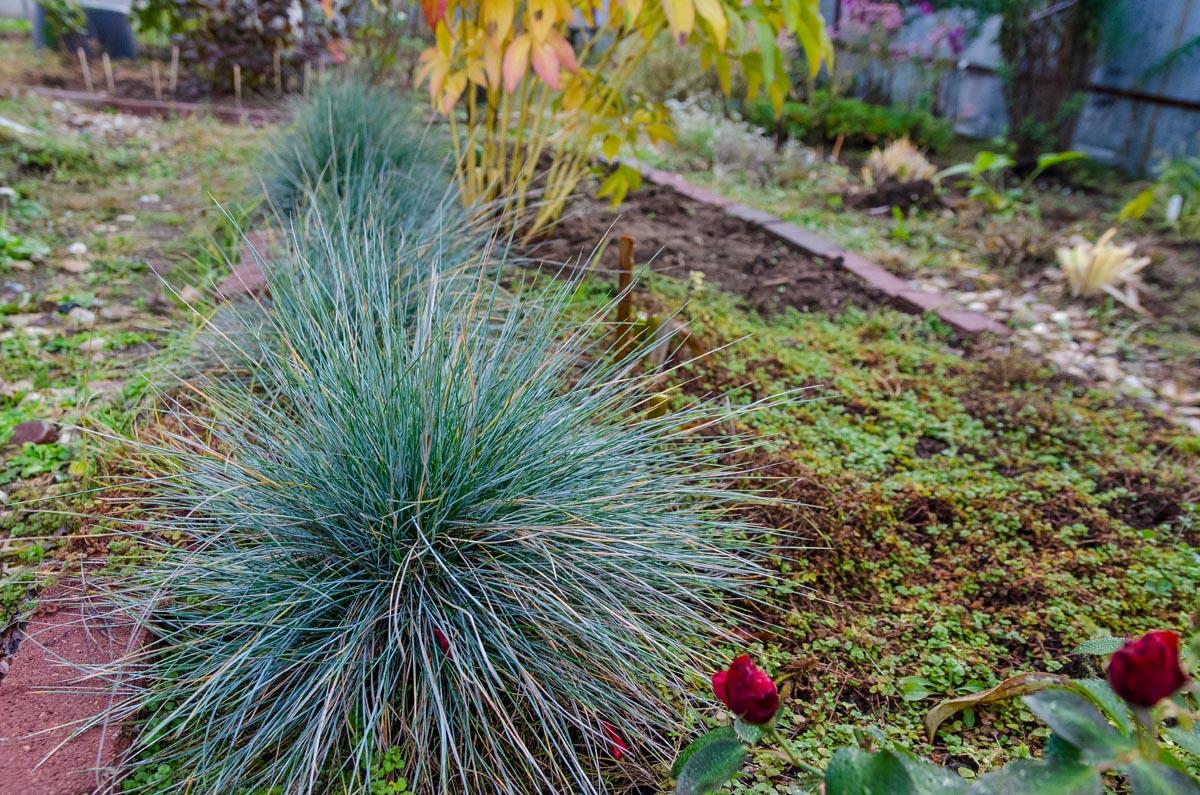
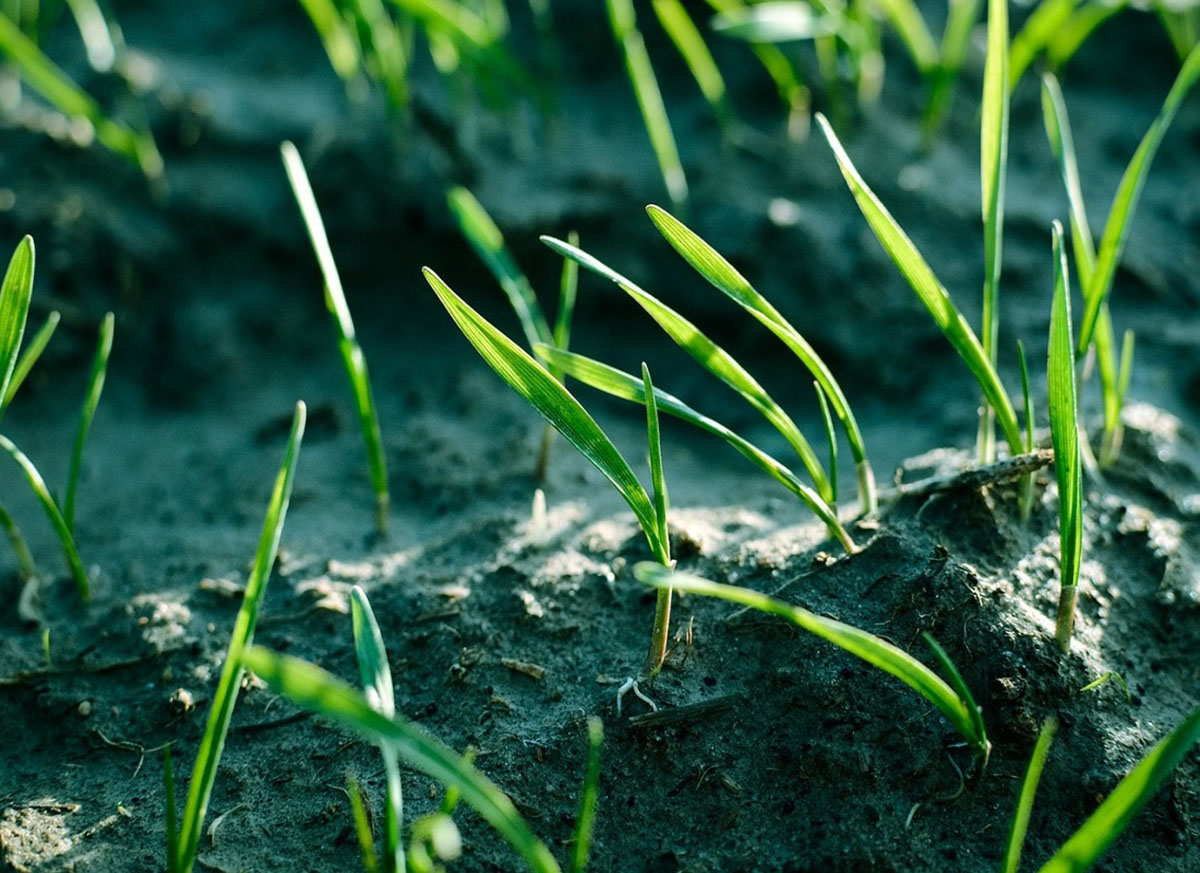
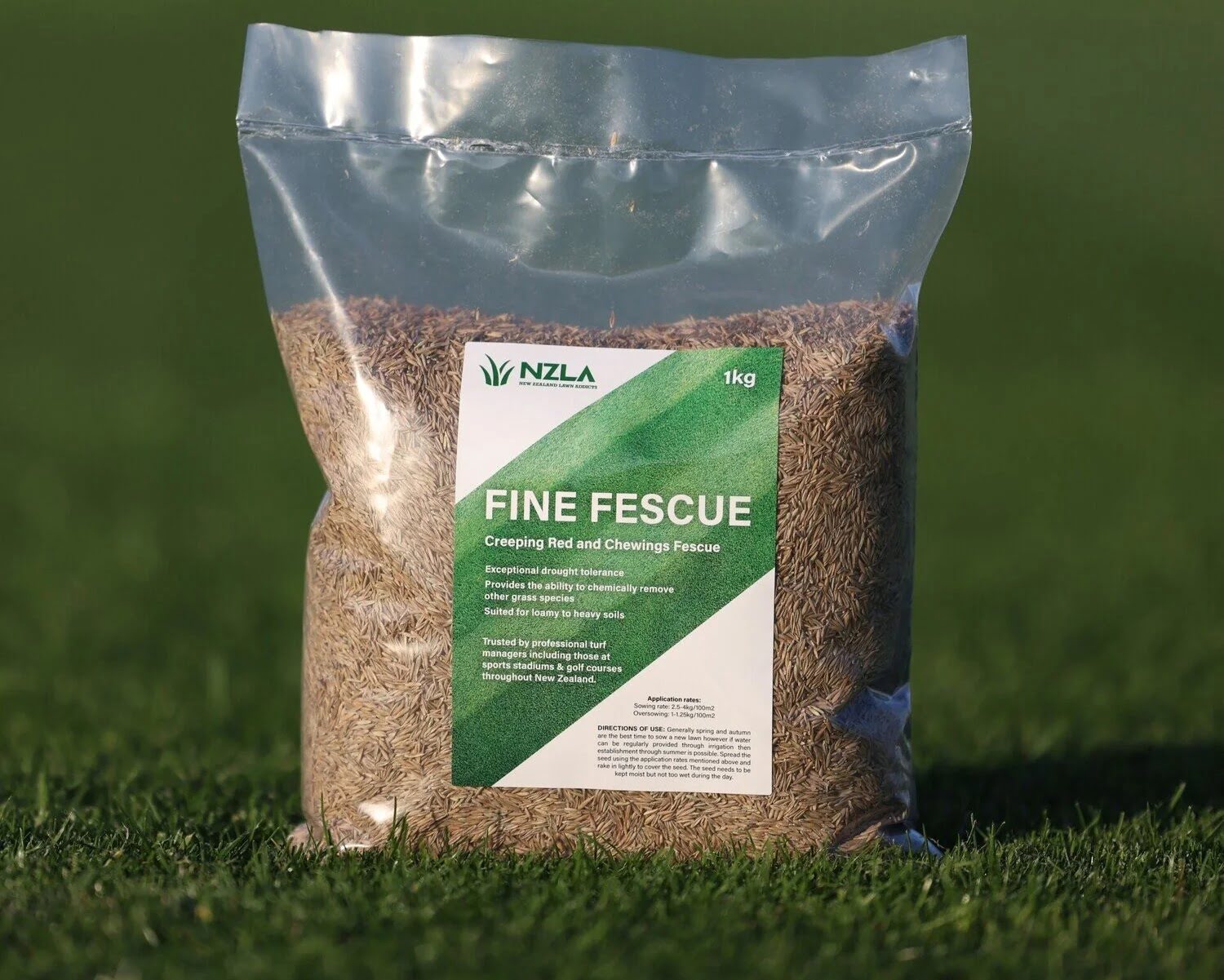

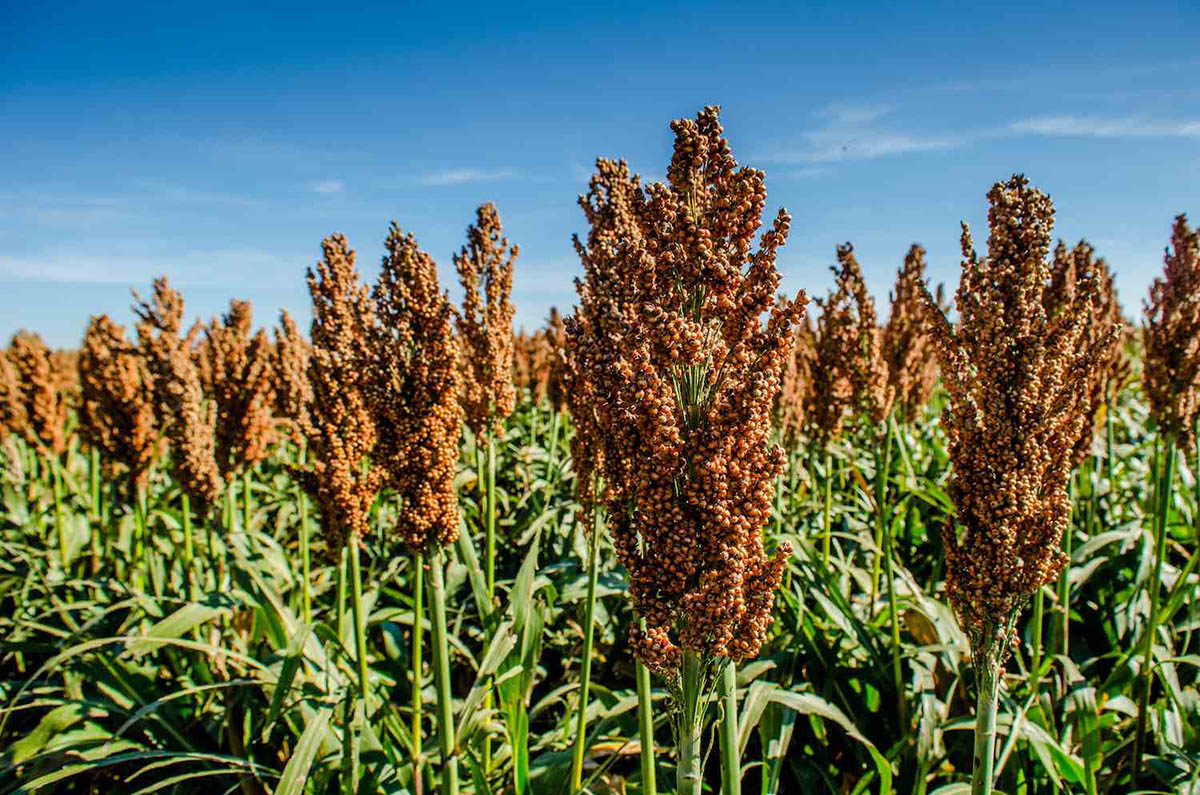

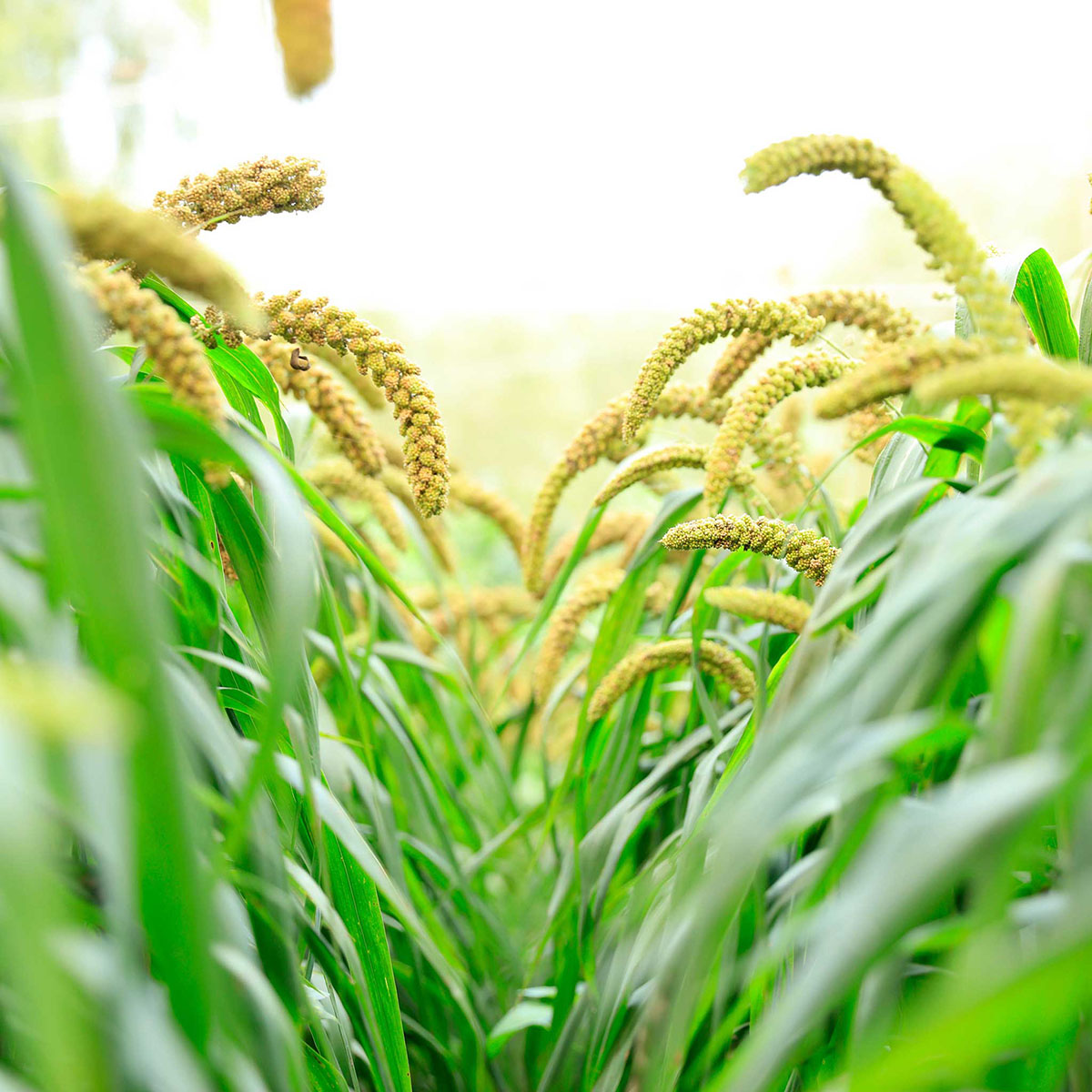



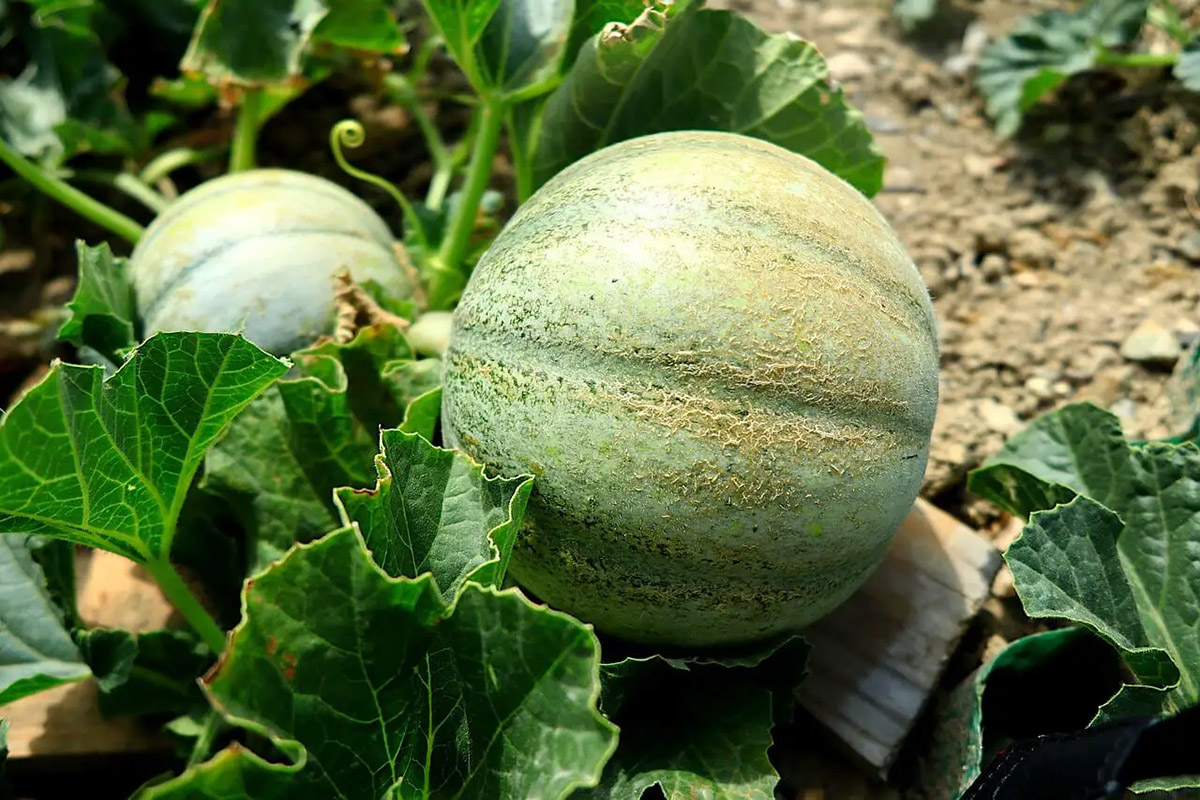


0 thoughts on “How Long Does It Take For Fescue Grass Seed To Germinate”